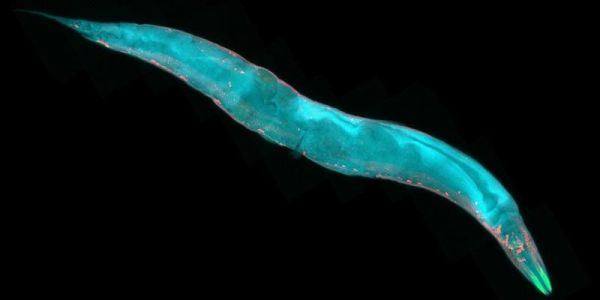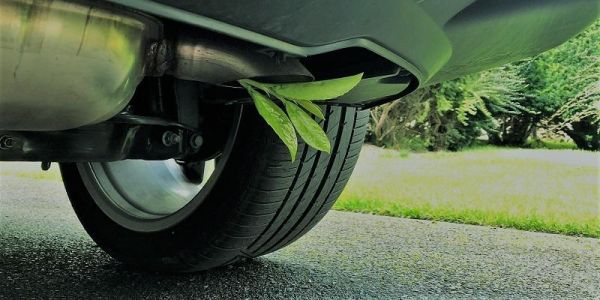
Taste cells can control a whole animal’s foraging
Neuroscientists have developed a computer model to explain how a nematode worm searches for food, revealing that single brain cells can both sense the environment and control foraging strategy.

Neuroscientists have developed a computer model to explain how a nematode worm searches for food, revealing that single brain cells can both sense the environment and control foraging strategy.

Setting fire to forest and agricultural land in Southeast Asia to prepare it for cultivation or grazing contributes to an estimated 59,000 premature deaths a year, say scientists.

A new partnership between the University of Leeds and the world-renowned Northern Ballet has culminated in an original piece of dance exploring conceptual ideas of pattern and geometry.

The Royal Society - the UK’s leading scientific academy - has awarded its prestigious Clifford Patterson Medal and Lecture to an academic who had to cut short her career after becoming terminally ill.

A major UK clinical trial has shown how a new approach to reduce the use of mechanical ventilation can greatly improve outcomes for critically ill infants and children.

New research has revealed a way to help identify which patients with an aggressive type of bone cancer are least likely to be cured by current standard treatment.

Playing professional football games in empty stadiums had a hugely negative effect on the success of home teams, with home advantage almost halved, new research shows.

A new synthetic material that accelerates the removal of harmful nitrogen oxides and carbon monoxide from engine fumes is to be tested in a prototype catalytic converter.

Scientists at Leeds and Cambridge have successfully reversed age-related memory loss in mice and say their discovery could lead to the development of treatments to prevent memory loss in people.

Improving ventilation in workplaces and on public transport and fears of NHS overload during the COVID-19 pandemic have been highlighted in two new research reports.